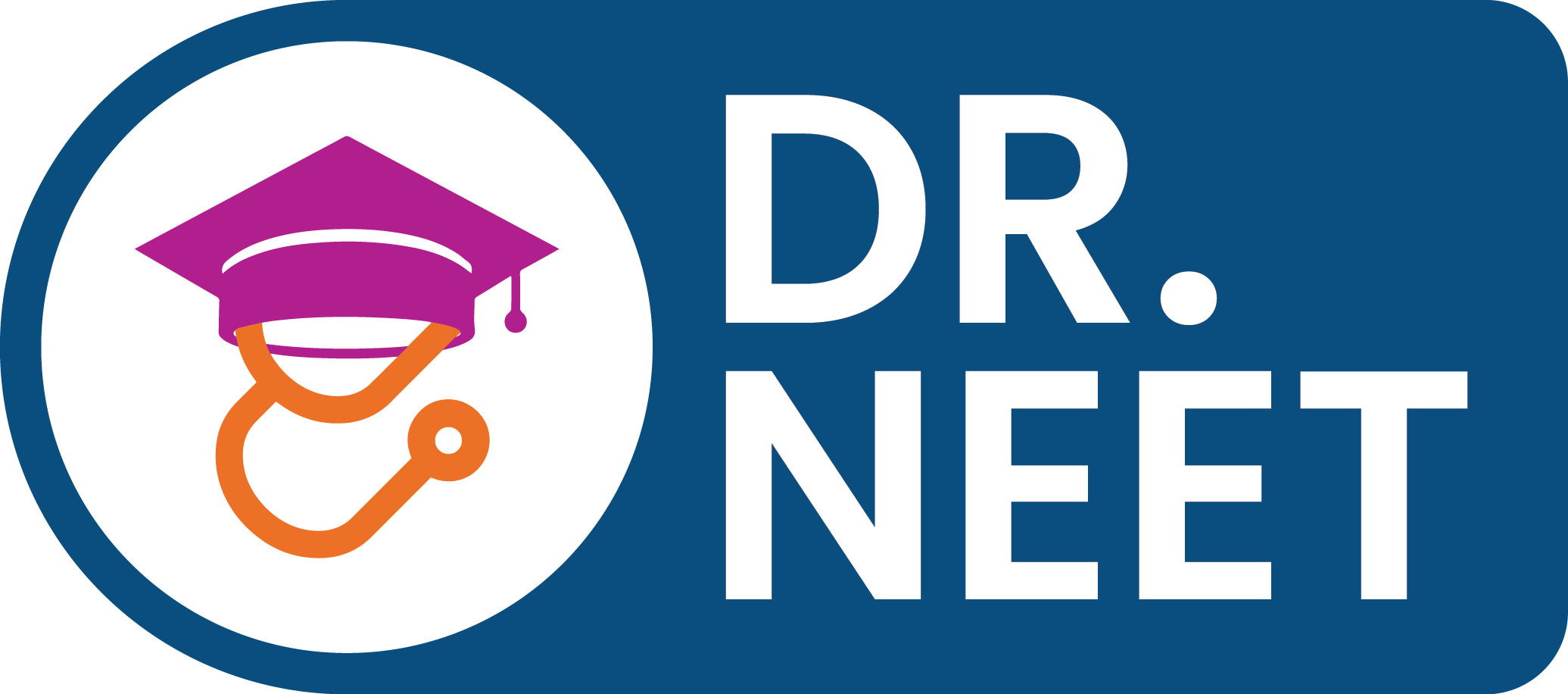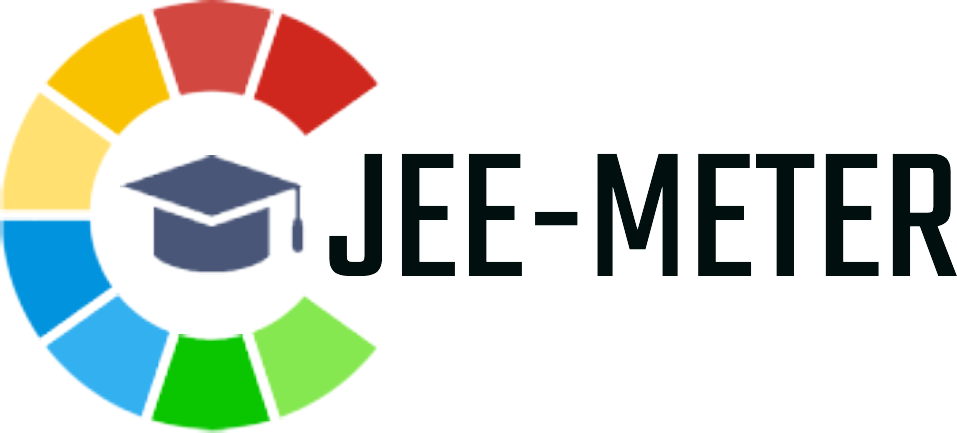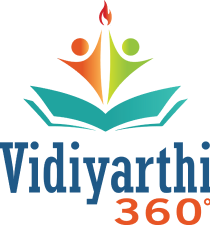|
Features
|
Details
|
|
Course Name
|
PhD (Doctor of Philosophy)
|
|
Course Duration
|
- Full-Time PhD: 3 to 5 years (Varies based on research progress)
- Part-Time PhD: 4 to 6 years (For working professionals, longer duration)
- Integrated PhD: 5 to 6 years (Direct after B.Tech/M.Sc with M.Tech + PhD)
|
|
Eligibility
|
- Educational Qualification: M.Tech/M.E. degree with at least 55–60% marks (or equivalent CGPA)
- Entrance Exam: GATE / UGC-NET / CSIR-NET / SLET / Institute-specific PhD entrance exams
- Work Experience (for Part-Time PhD): Some institutes require 2+ years of industry or teaching experience
- Research Proposal: A well-defined Statement of Purpose (SOP) or research proposal is often required
- Interview: Most institutes conduct personal interviews for final selection
|
|
Specializations
|
PhD specializations depend on the M.Tech field and research interests. Some popular areas include:
1. Engineering & Technology
- Computer Science & Engineering – AI, ML, Cybersecurity, Cloud Computing
- Mechanical Engineering – Robotics, CAD/CAM, Thermal Engineering
- Electrical Engineering – Power Systems, Renewable Energy, VLSI Design
- Electronics & Communication Engineering – Embedded Systems, Wireless Networks
- Civil Engineering – Structural Engineering, Transportation, Environmental Engineering
- Biomedical Engineering – Medical Imaging, Biomechanics
2. Interdisciplinary Fields
- Data Science & Artificial Intelligence
- Nanotechnology
- Internet of Things (IoT)
- Energy Studies & Sustainable Development
- Aerospace Engineering
|
|
Entrance Exams
|
- GATE (Graduate Aptitude Test in Engineering) – Accepted by IITs, NITs, IISc & other institutes
- UGC-NET (University Grants Commission - National Eligibility Test) – For PhD & Junior Research Fellowship (JRF)
- CSIR-NET (Council of Scientific & Industrial Research - NET) – For science & engineering research fields
- SLET (State Level Eligibility Test) – Conducted by various states for PhD admissions
- IIIT, IIT, NIT, IISc PhD Entrance Exams – Institute-specific entrance tests & interviews
- DRDO, ISRO, BARC Entrance Exams – For PhD & research fellowships in government R&D organizations
|
|
Entrance exam frequency
|
- GATE – Once a year (February)
- UGC-NET – Twice a year (June & December)
- CSIR-NET – Twice a year (June & December)
- SLET – Varies by state (Once or twice a year)
- Institute-Specific PhD Entrance Exams – Varies (Depends on university, usually once or twice a year)
- DRDO/ISRO/BARC Exams – Depends on vacancies & research programs
|
|
Conducting Bodies
|
- GATE – Conducted by IISc & IITs (on rotation)
- UGC-NET – Conducted by National Testing Agency (NTA)
- CSIR-NET – Conducted by Council of Scientific & Industrial Research (CSIR) & NTA
- SLET – Conducted by State Government Bodies/Universities
- Institute-Specific PhD Entrance Exams – Conducted by IITs, NITs, IIITs, IISc & Other Universities
- DRDO/ISRO/BARC Exams – Conducted by Respective Organizations
|
|
Regulatory Bodies
|
- University Grants Commission (UGC) – Regulates PhD programs in universities & sets minimum standards
- All India Council for Technical Education (AICTE) – Regulates PhD in technical & engineering fields (for AICTE-approved institutions)
- Department of Higher Education (MHRD) – Oversees overall higher education policies in India
- National Board of Accreditation (NBA) – Ensures quality standards in technical education, including PhD programs
- Research Councils (CSIR, ICAR, ICMR, DRDO, ISRO, BARC) – Regulate research in specific fields like science, agriculture, medicine & defence
|
|
Fee Range
|
- Government Institutes (IITs, NITs, IISc, Central Universities) – ₹10,000 to ₹50,000 per year
- Private Universities (BITS, VIT, Amity, SRM, etc.) – ₹1 Lakh to ₹5 Lakhs for the entire course
- Deemed & State Universities – ₹50,000 to ₹2 Lakhs per year
- Part-Time PhD (Industry-Sponsored) – ₹1 Lakh to ₹3 Lakhs per year
Note: Many government institutions offer stipends & fellowships (₹31,000–₹35,000 per month) for full-time PhD scholars through UGC-NET JRF, CSIR-NET, GATE, or institute-funded projects.
|
|
Highest Salary Package
|
✔ Academia (Professor/Researcher) – ₹10–30 LPA (Top IITs/IISc Professors earn more with experience)
✔ Corporate R&D (Tech & Engineering) – ₹20–50 LPA (Google, Microsoft, Intel, Qualcomm, etc.)
✔ Government R&D (ISRO, DRDO, BARC, CSIR, etc.) – ₹12–25 LPA (Higher with experience & promotions)
✔ AI/ML & Data Science Roles – ₹30–80 LPA (Top MNCs & Startups offer high packages)
✔ Entrepreneurship & Consultancy – Unlimited Potential (Depends on business success & industry demand)
The highest salaries are seen in tech-based research roles, AI, and international opportunities.
|
|
Top Recruiters
|
1. Academia & Research Institutes:
- IITs, NITs, IISc, IIITs, Central & State Universities (Professor, Research Scientist)
- CSIR, ISRO, DRDO, BARC, ICAR, ICMR, TIFR (Government R&D Organizations)
2. Corporate R&D & Technology Companies
- Google, Microsoft, IBM, Intel, NVIDIA, Qualcomm (AI, ML, Semiconductor, Computing)
- TCS, Infosys, Wipro, HCL, Tech Mahindra (Software & Engineering Research)
- Bosch, Siemens, GE, ABB, Honeywell (Industrial & Automation R&D)
3. Core Engineering & Manufacturing
- L&T, Tata Group, Reliance, Mahindra, Adani (Mechanical, Civil, Electrical Engineering)
- Ashok Leyland, Maruti Suzuki, Tesla, Boeing (Automobile & Aerospace Research)
|







 Home
Home Find Colleges
Find Colleges Contact
Contact Latest News
Latest News



